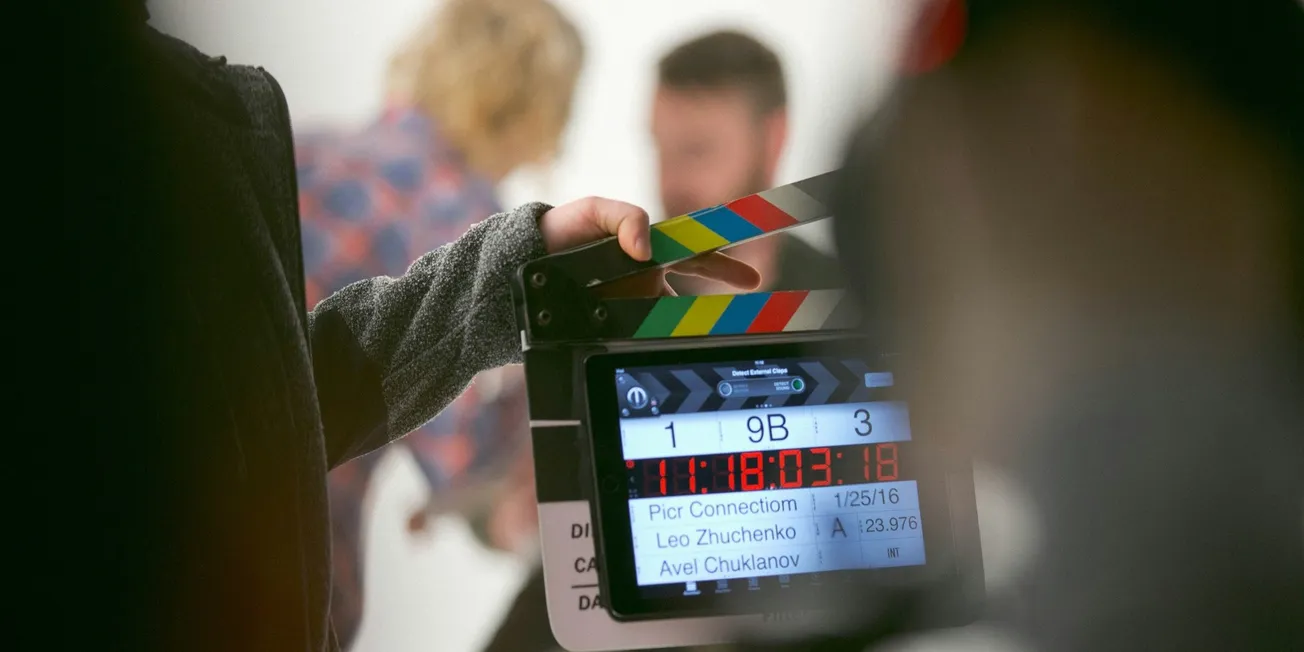Welcome Back to Production.ink, Issue #15. In this issue, we have a guest post from lawyers at the media and advertising firm Davis+Gilbert about SAG-AFTRA and their efforts on the topic of AI in Commercials and Entertainment.
The power and application of AI is growing exponentially. As is often the case with the introduction of revolutionary technologies, legislation at both the federal and state level has been slow to catch up. On a daily basis, industries are grappling with how to adapt, and how to navigate this quickly evolving, largely unregulated space. Such a statement could not ring more true for the entertainment and advertising industries – where we’ve seen an uptick in AI being leveraged nefariously by third parties to replicate the voice, image and likeness of performing artists – to create new content without permission from, or the participation of, the artist.
It is easy to think about the issue of AI in the context of A-list celebrities like Tom Hanks, Scarlett Johansson and Morgan Freeman – who have all spoken out publicly about the impact of AI on the industry, warning consumers about fake ads and sharing personal stories about how their likeness has been misappropriated through AI tools. However, the impact goes far beyond household names. In fact, AI’s digital imitation capabilities arguably pose the biggest threat to everyday working actors, including background actors, who have yet to gain the leverage or access to resources that fame and celebrity status brings. With AI posing such an existential threat to performers, SAG-AFTRA, the union representing over 160,000 performers (including actors, singers and voice over artists), has sprung into action – taking on AI as a key issue, and pushing for legislative and contractual protections to implement guardrails and reinforce the ethical use of AI.
The highly visible SAG-AFTRA strike in the summer of 2023 against the Alliance of Motion Picture and Television Producers halted the production of numerous hotly anticipated film releases and new seasons of beloved TV shows – largely because of performer concerns about the perils of AI. While that strike ended after SAG successfully secured certain AI protections for motion picture actors, that was just the beginning. As additional SAG-AFTRA contracts come up for renegotiation – including the Interactive/Video Game Media Agreement and soon, the Commercials Contract – similar AI concerns will continue to be front and center as SAG’s journey to protect its members against the unfettered use of AI continues.
Embracing Artificial Intelligence (Within Reason)
As SAG-AFTRA's push for AI guardrails continues, the union appears to have adopted a strategy beyond simply exercising its strike power. In facing the reality that AI is here to stay with the ever-growing list of AI-focused companies offering legitimate producers easier, more efficient ways to execute projects without having to hire performers each time and record new performances in each instance, SAG-AFTRA seems to realize that AI may benefit some of its members. Namely, embracing responsible and ethical use of AI could afford performers a new revenue stream and an opportunity to independently secure work with less effort. Accordingly, SAG has begun to enter into one-off agreements with certain technology companies whose core business centers around the development, creation and licensing of “digital voice replicas” – which are replicas of an identifiable performer’s voice and/or likeness, created using digital technology such as AI.
The first of these agreements was announced at the beginning of 2024, with Replica Studios (which primarily works with video game studios); the second, in August 2024, with Narrativ (which primarily works with advertisers); and the latest, on October 28th, with Ethovox (which works with entities across a variety of industries). Replica Studios and Narrativ both serve as marketplaces that connect voice actors with content producers. Through these companies, voice actors can license the right for producers to use a replica of their voice to create new content, in exchange for an agreed upon fee. Ethovox is developing a foundational voice model – which will ultimately serve as the basis for digital replicas. Performers who choose to work with Ethovox give the company permission to use their voice to train its foundational voice model.
Now that SAG-AFTRA has entered into an agreement with these companies, the performers authorizing use of their voice in connection with AI technologies will be protected by union requirements, which Replica Studios, Narrativ and Ethovox must abide by. By taking new approaches to embracing AI, and contracting with AI technology providers, SAG-AFTRA has provided its members an avenue to safely engage with AI and secure additional work. The agreements each address the following four principles – which SAG-AFTRA has established as being the pillars of ethical AI use:
- Transparency: A performer’s right to know the intended use of their likeness.
- Consent: A performer’s right to grant or deny permission to use their likeness in connection with certain uses.
- Compensation: A performer’s right to fair compensation.
- Control: A performer’s right to set limits on how, when, where and for how long their likeness can be used.
These built-in protections mirror those SAG-AFTRA aims to achieve across all collective bargaining agreements.
Ongoing Efforts
SAG-AFTRA’s efforts to establish AI protections are wide and varied, and also include the backing of new legislation protecting performers – which has, thus far, been successful. On September 17th, California Governor Gavin Newsom signed into law two new pieces of legislation that (1) expand California’s post-mortem right of publicity law to prohibit the use of a digital replica of a living or deceased performer without their consent (or consent of their estate, as applicable), and (2) prohibit contracts that allow the use of a performer’s digital replica in place of the performer’s actual performance of services, without the performer’s express authorization and informed consent.
As far as the union’s strike authority goes, there is the potential for more strikes in the near future – each time a union agreement is up for renegotiation, given that AI continues to remain such a hot-button issue. Currently, the video game actors (whose work falls under the Interactive Media Agreement) are on strike. Looking ahead, when the Commercials Contract comes up for renewal in early 2025, commercial actors may also strike if new AI provisions are not satisfactorily agreed upon in the contract negotiations.
SAG-AFTRA’s commitment to its members is evident, as the fight to regulate AI continues.
Author Bios:
Samantha Rothaus helps clients launch collaborative projects, understand their contract rights, and negotiate talent deals and production agreements. Samantha routinely counsels clients seeking to explore new technologies such as generative artificial intelligence. Agencies and brands exploring innovative ways to produce and use marketing content trust Samantha Rothaus to balance legal risk with business objectives. She can be reached at srothaus@dglaw.com.
Howard Weingrad is the advertising lawyer clients trust to help them navigate the complex problems and potential risk arising from all aspects of their proposed campaigns. As one of the country’s leading practitioners in matters involving the provisions and industry implications of the SAG-AFTRA Commercials Contract, Howie often negotiates with unions and guilds on behalf of agency and advertiser clients. He can be reached at hweingrad@dglaw.com.
Jordan Thompson counsels creative agencies and production companies in advertising, intellectual property (IP) and branded content-related matters. She plays a key role in the development, production and distribution of original content and the use of third-party IP. She understands the commercial significance of each matter and provides thoughtful guidance to achieve short- and long-term goals. She can be reached at jthompson@dglaw.com.


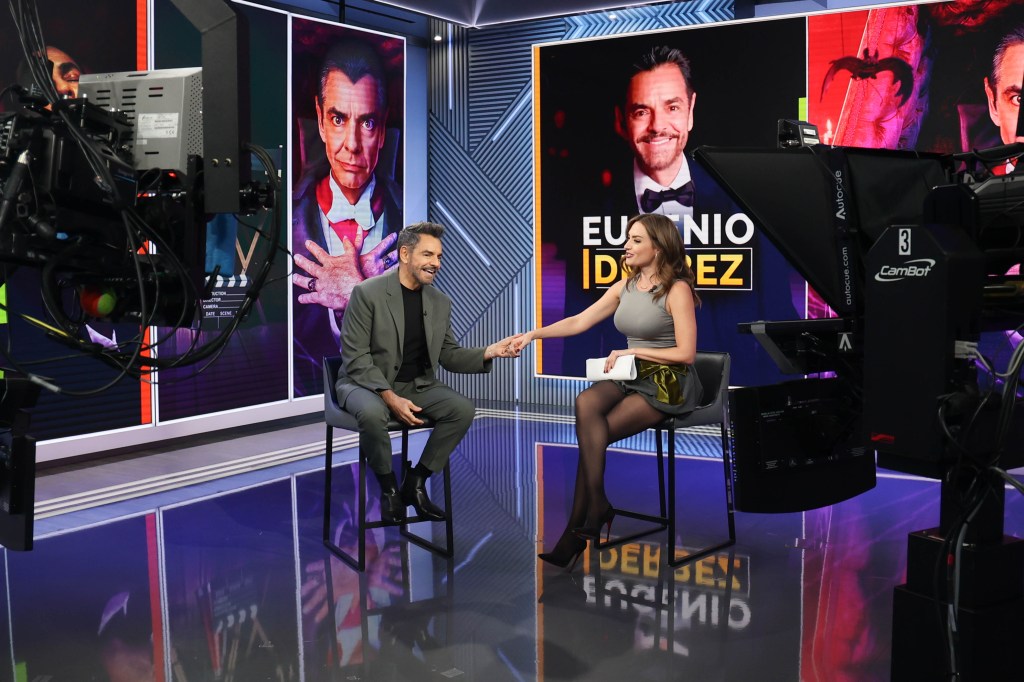
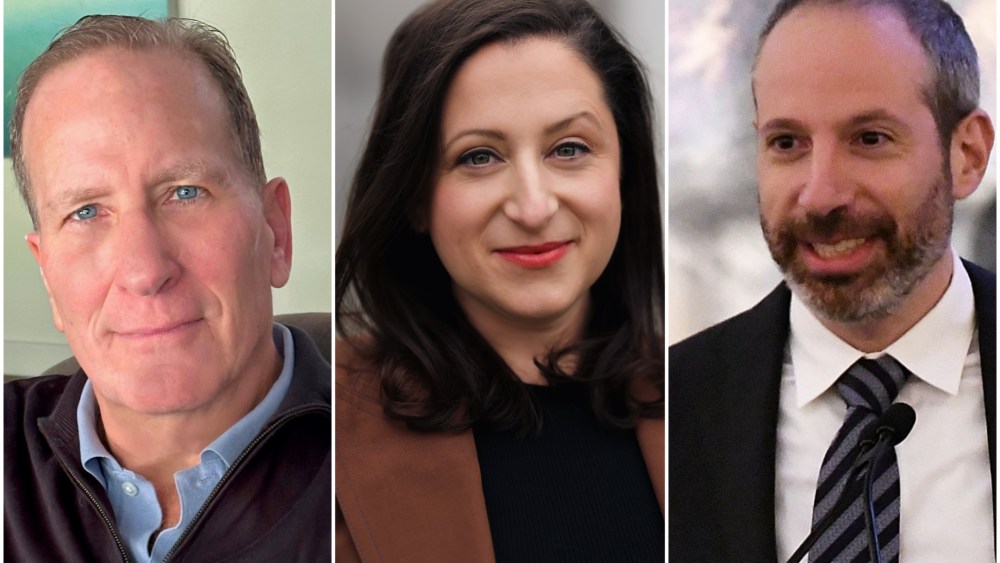
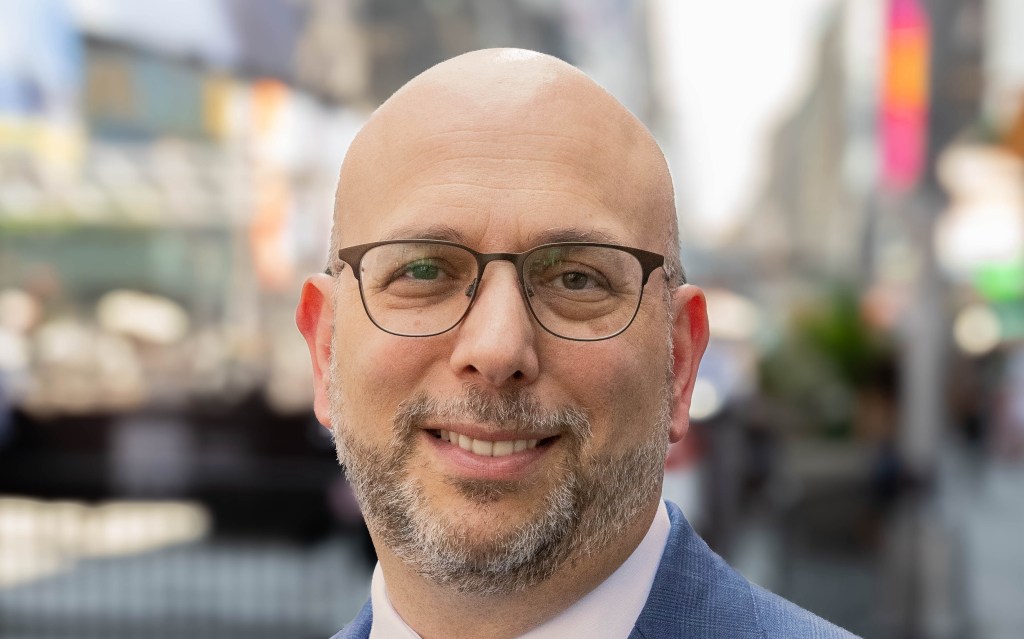

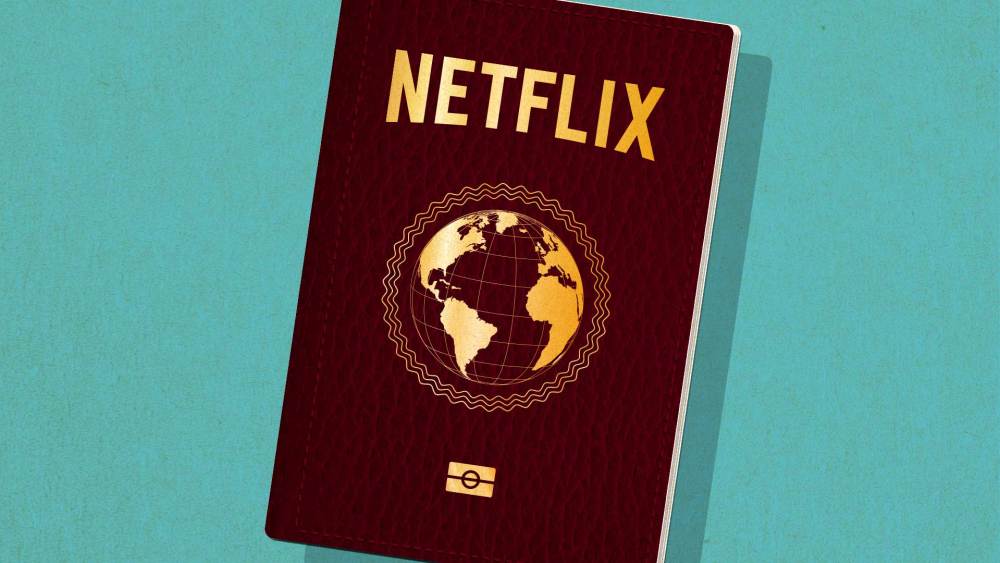


Multihouse has brought on Emmy-nominated filmmaker Joe Hernandez to be their first VP of Production.
Executive Vice President of Motion Picture Production Louie Provost to Exit Disney at Year’s End.
NBCUniversal Telemundo Enterprises announced the hiring of Jacqueline Castro as VP of Production for Telemundo Studios.
Walden Media has named Juliana Janes as EVP of development and production.
Magenta Light Studios has added six senior executives to its corporate suite including David McPherson, President of Television; David Spiegelman, President of Television & Digital Distribution; Christine Manna, President of Digital; Amanda Harvey, President of Film; Sandy Solowitz, President of Post Production and C.J. Vranca, Head of Business & Legal Affairs.
Thanks for reading. See you soon. - The Production.ink team
Physical Address: 367 St. Marks Avenue, Suite 765, Brooklyn, NY 11238

